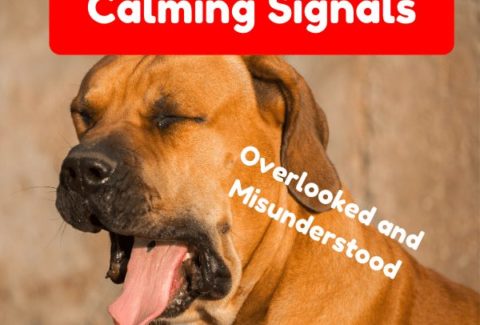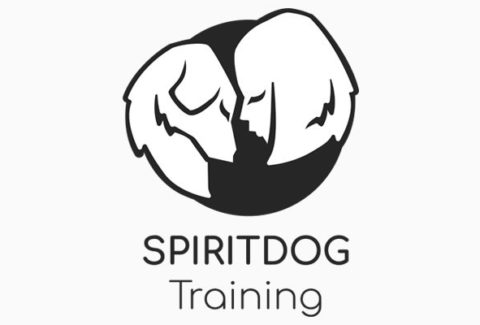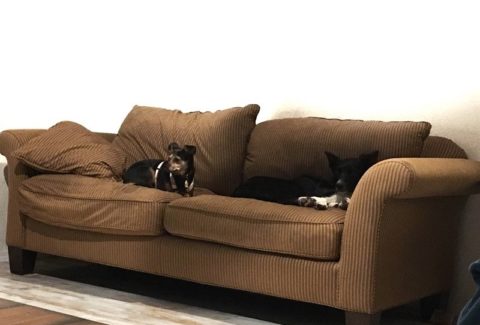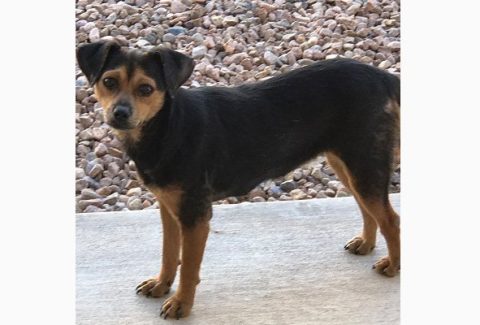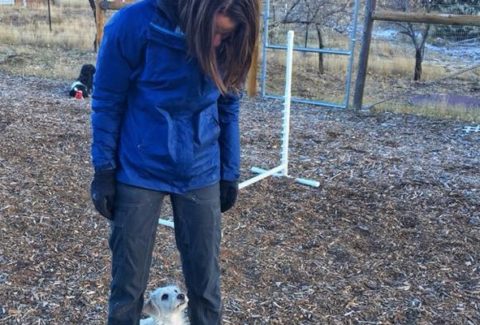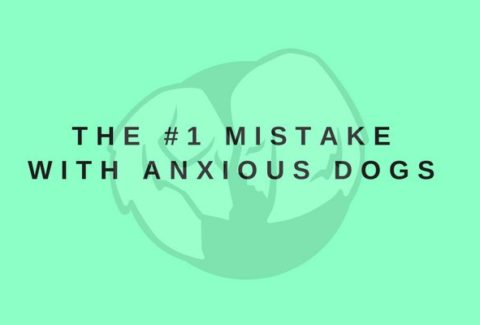Do Dogs Grow Out Of Reactivity?
January 19, 2021 2024-06-19 16:32Do Dogs Grow Out Of Reactivity?
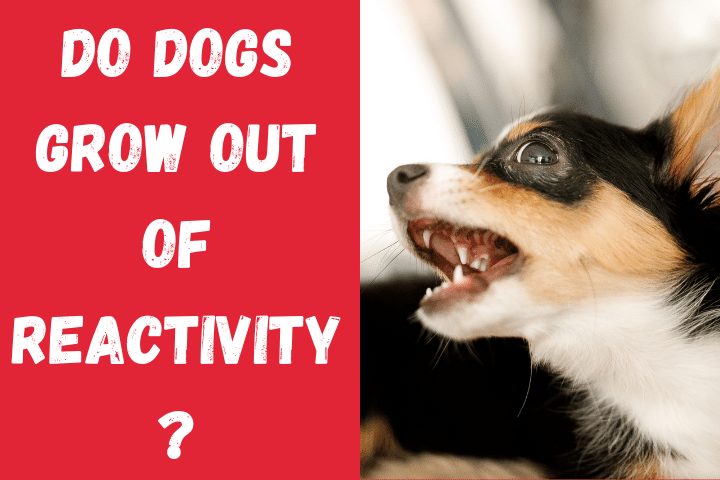
Do you have a reactive young dog who is showing worrisome behavior towards people or dogs? Do you wonder if this is a “phase” and your puppy will eventually grow up to be just fine with other dogs?
Let’s look at whether you can expect your puppy to grow out of his reactive phase – or if you need to put in some training to help him overcome it!
Can Dogs Eventually Grow Out Of Reactivity?
We all know that puppies eventually grow out of some behaviors that we do not like.
They will for example stop trying to chew our shoes or taking everything into their mouths. Puppies also usually become much calmer and mature between 1 and 2 years old. While many puppy habits eventually subside, reactivity unfortunately is not one of those.
If you have a reactive young dog do not assume that he will eventually grow out of his reactivity. In fact the opposite is often true: Reactivity increases over time. This is because if a dog continually has negative experiences these will make his future stress responses to triggers stronger. Reactive dog training is absolutely crucial.
Dog-Reactive Puppy

Young dogs that show reactivity usually start this behavior somewhere between 6 and 12 months of age. The earlier your pup shows reactive tendencies, the more worried you should be. If you have a puppy who is under 8 months old and already shows reactive behavior you absolutely need to seek out professional help as soon as possible.
Because young puppies are vulnerable and cannot defend themselves their default reaction to any human or dog is to be friendly. In evolution this made the most sense as it guarantees that they will be safe and not part of any escalation.
A puppy who does not show this usual puppy exuberance when seeing other dogs may already experience deep-seated reactivity that needs to be worked with. Do not attempt to simply introduce your reactive pup to another dog.
Some breeds are more likely to produce dog-reactive puppies. These are specifically herding breeds and guard dog breeds. If you for example have a Belgian Malinois puppy, you need to pay extra attention to any potential reactive characteristics.
How Can You Tell If A Dog Is Reactive?
How do you even tell if your dog is actually reactive or just really excited?
Many young dogs have no impulse control and they want instant gratification in all areas of life. When they meet another dog that they want to play with and they cannot right away get started with the game, they can rear up on their leash, bark and lunge. This will look just like reactivity (and it could in fact be a sign of leash reactivity)!
The difference lies in the emotion behind the behavior. Reactive responses are based on negative emotions – being scared, stressed, anxious, “mad”. Overly excited dogs however are mostly frustrated and wound up because they want to play.
A good way to tell whether your dog is reactive or not is to put his thoughts into words. A reactive dog thinks:
“I want this other dog to disappear. He should not be in my life. He makes me stressed. He should just leave.”
An overly excited dog however would think:
“I want to run over there and play so badly! I don’t want to be on a leash. I want to be free and play!”
Observe your dog’s behavior and you will know whether your dog is reactive or overly excited.
Can Reactive Dogs Be Rehabilitated?
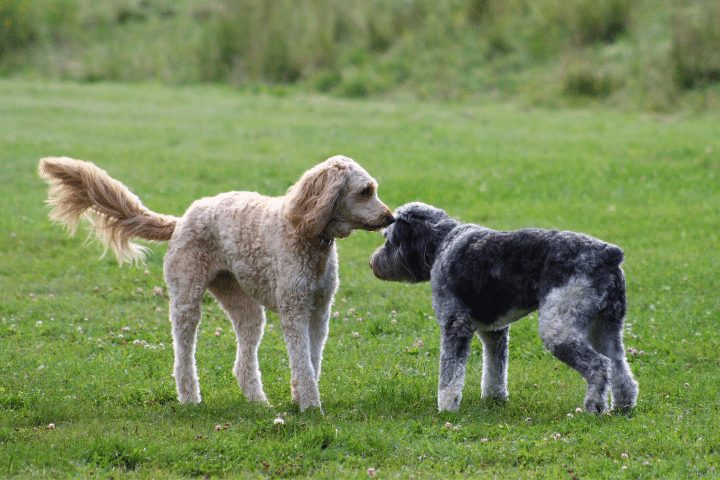
If you observe your dog and you conclude that yes, what he shows is indeed reactivity, don’t worry: Reactive dogs can improve.
The first important step is to not let the dog ingrain his reactivity anymore. For most owners this means making changes in their daily life.
If you for example walk your dog at 8am every morning and this is exactly the time that your neighbor walks his dog – and that dog sets yours off – then you need to pick a different time to walk.
In fact, some owners of reactive dogs need to stop walking their dogs altogether for a while. This is because every single time that your dog gets pushed over his threshold, he will ingrain his reactivity even more.
From an evolutionary standpoint it makes sense that highly stressful and negative experiences are remembered for a long time. It prevents dogs (and all other animals) from repeatedly bringing themselves in dangerous situations.
Unfortunately, it also means that reactive dog training needs to be well-planned. If you bring your dog into a training situation in which he will fail and “flip out”, he will form an even worse connection with his trigger.
However: with the right approaches you can absolutely help your reactive dog get better.
How Do I Train My Dog To Be Less Reactive?
Treats are going to be your #1 friend: They will be useful in forming a new and positive connection. You do not need to worry about spoiling your dog or making him dependent on treats: The more generously you use treats in your training process, the quicker your dog will improve.
You should plan out your training situations in advance. It is nearly always a bad idea to go out and “see what happens” with a reactive dog. Instead, ask a friend and their dog to assist you in training.
Start in a wide, open space. When your puppy sees the other dog, immediately drop some treats on the ground. You want to teach him “Another dog means that good things are happening!”.
If your puppy is barking and lunging, you are too close to the other dog. Move away and try again at a larger distance. Again, remember:
Every time your dog crosses his threshold his reactivity will get worse.
If your puppy can calmly eat the treats at a large distance from the other dog, move closer. You might need several sessions until you can decrease the distance between your dog and the helper dog. That is completely fine! Always keep in mind: Better slow and steady than pushing your dog over his threshold and making a bad impression on him!
Do Reactive Dogs Get Better With Age?
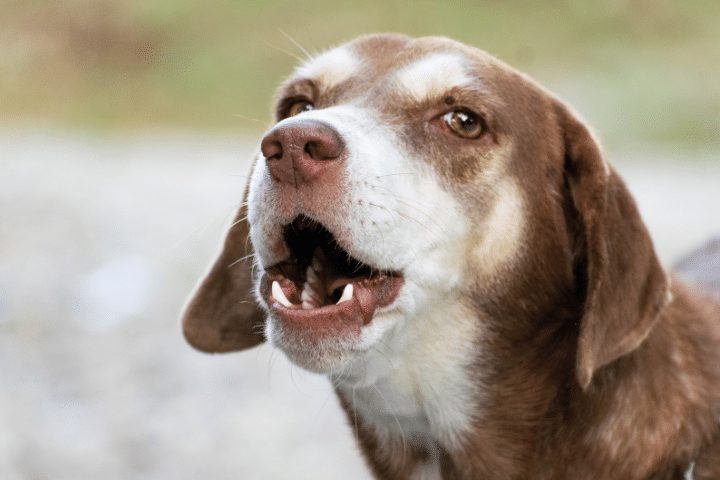
Unfortunately, they do not. Reactivity is an ingrained response that only gets better with consistent and effective training. You should never punish a reactive dog: This will imprint a highly negative emotion and might make it impossible to address his reactivity in the future,
Most dogs start to show reactivity around their first birthday. If your dog suddenly shows reactive behaviors, do not wait: The earlier you start addressing them in training, the higher the chance that you can help your dog improve quickly.
Our Tackling Reactivity Course offers a complete training program for reactive dogs, from start to finish – including feedback from our professional trainer!
If this behavior is not addressed in training, a dog is likely to stay reactive for his entire life.
Are Reactive Dogs Dangerous?
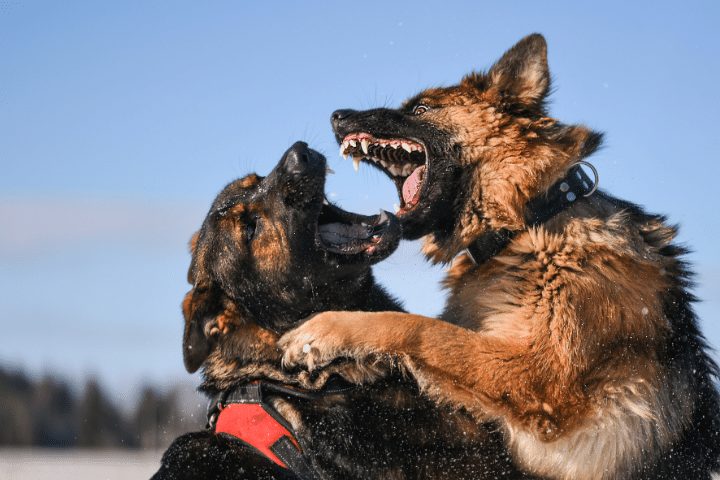
Reactive dogs can indeed be dangerous. As the owner you are responsible for keeping your dog under control at all times. You should never let a reactive dog off leash when there are people and dogs around. Make sure that your yard is secure and your dog cannot leave your property.
Especially around smaller dogs and kids you need to supervise and manage your dog at all times. Many bite incidents happen every day due to dog reactivity.
It is impossible to predict how exactly a reactive dog is going to react in close proximity to his trigger or how he will do off-leash. You need to always err on the side of caution and have multiple security layers in place.
Muzzles can be a great way to add an extra layer of safety to your outings with a reactive dog. With positive training, you can make wearing a muzzle comfortable for your dog. Pair it with delicious treats and start out with only having your dog wear it for shorter periods inside. If done with patience, many dogs are ready to wear the muzzle on short walks within two weeks.
The Bottom Line
Do dogs grow out of being reactive?
Sadly, they do not. The only way to counter reactivity is through consistent and positive training. You should never punish a dog for reactivity or it will only become worse. Especially if you own a young dog who suddenly shows reactive behavior, you should see professional help. Our Tackling Reactivity Course is an affordable solution!
If you keep consistently working on your dog’s reactivity, it is very likely to improve a lot over time. Plan for about 1-2 months of dedicated training. If done correctly however, you should see the first small results within as little as one week.
Steffi Trott
Related Posts
Calming Signals In Dogs
Why it is Impossible to Reinforce Your Dog’s Fear
Ups and Downs
A Holiday From Fear
The Slightly Feral Stella
Don’t Distract Your Anxious Dog
Foster Dog Progress
9 Energy Outlets for Your Aggressive Dog
Fear FreeTM Veterinary Care For Your Pet
The #1 Mistake With Anxious Dogs
Check out our effective and affordable online dog training courses!
-
Sale Product on sale
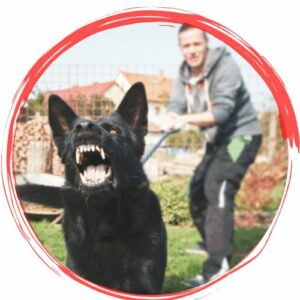 Tackling Reactivity Bundle
Tackling Reactivity Bundle
MONEY BACK GUARANTEE$564.00$49.00 -
Sale Product on sale
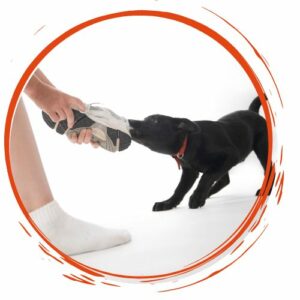 Perfect Obedience Bundle
Perfect Obedience Bundle
MONEY BACK GUARANTEE$349.00$49.00 -
Sale Product on sale
 Ultimate Puppy Bundle
Ultimate Puppy Bundle
MONEY BACK GUARANTEE$416.00$49.00 -
Sale Product on sale
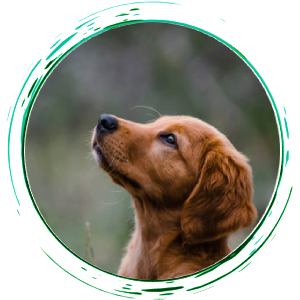 The Perfect Focus Bundle
The Perfect Focus Bundle
MONEY BACK GUARANTEE$445.00$169.00 -
Sale Product on sale
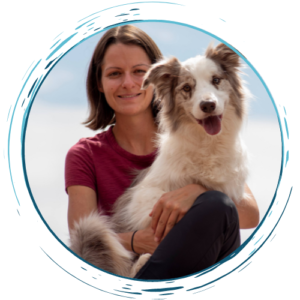 Ultimate Masterclass Bundle
Ultimate Masterclass Bundle
MONEY BACK GUARANTEE$2,213.00$499.00

